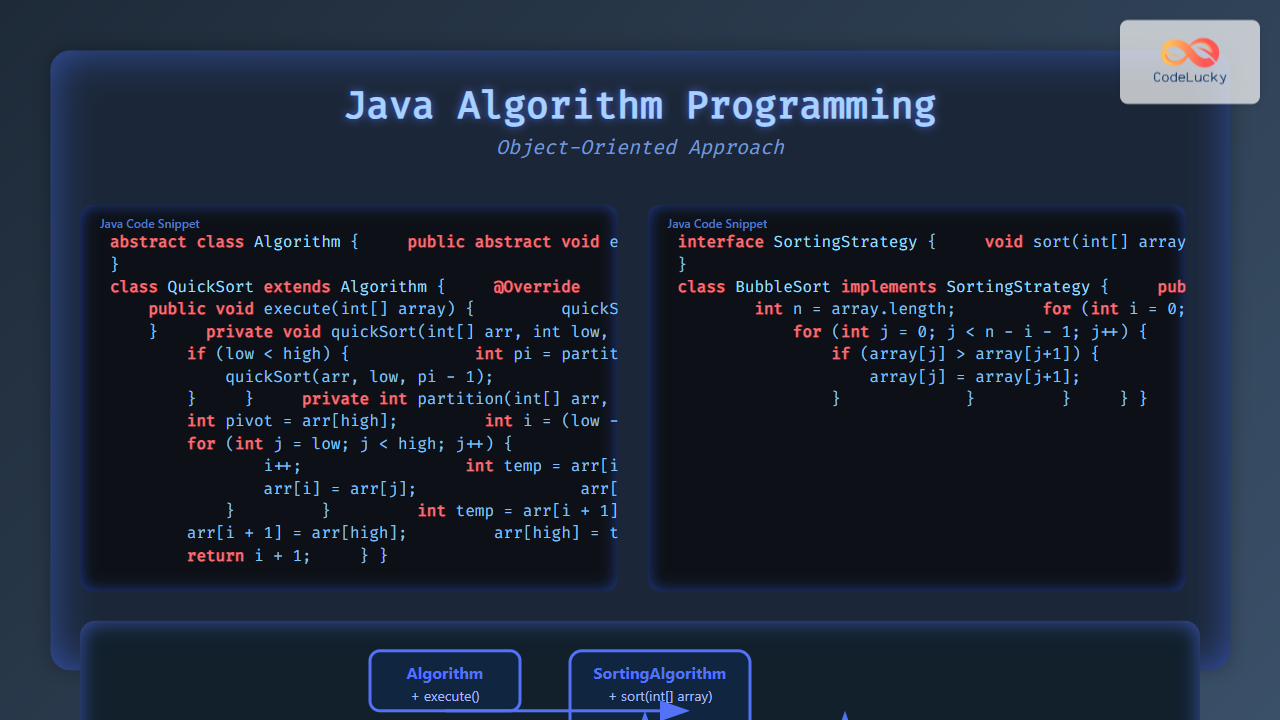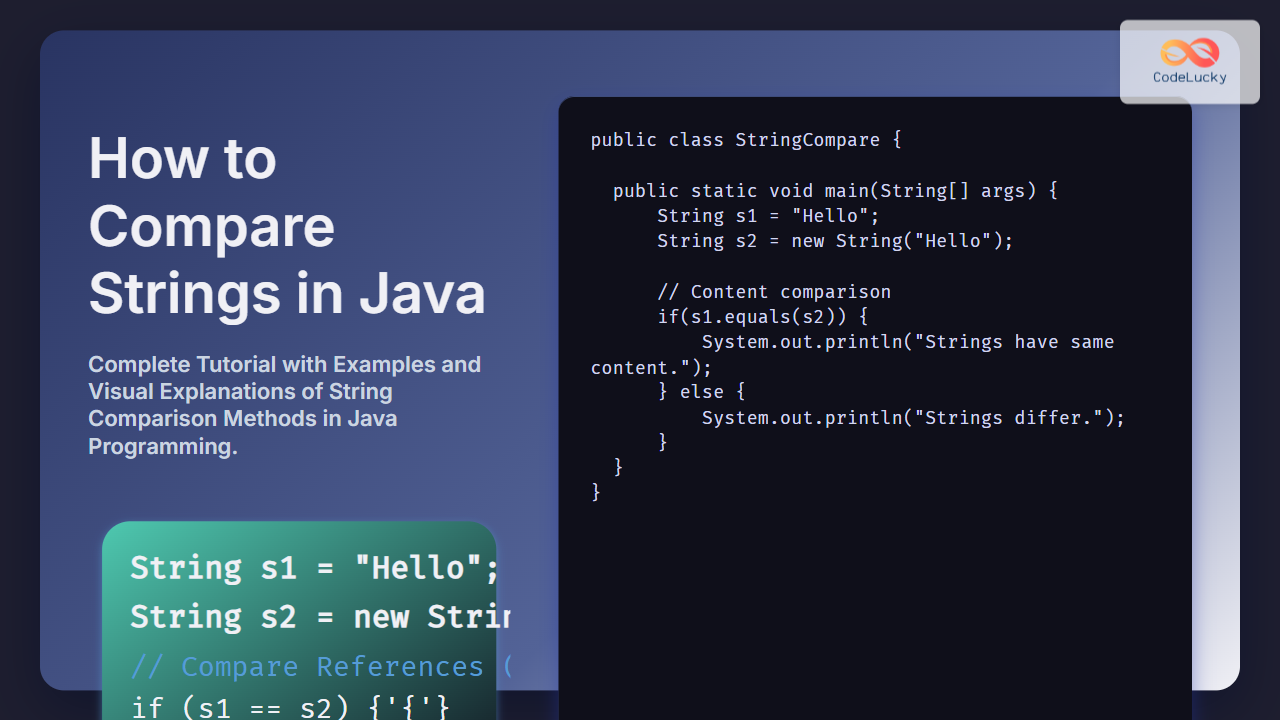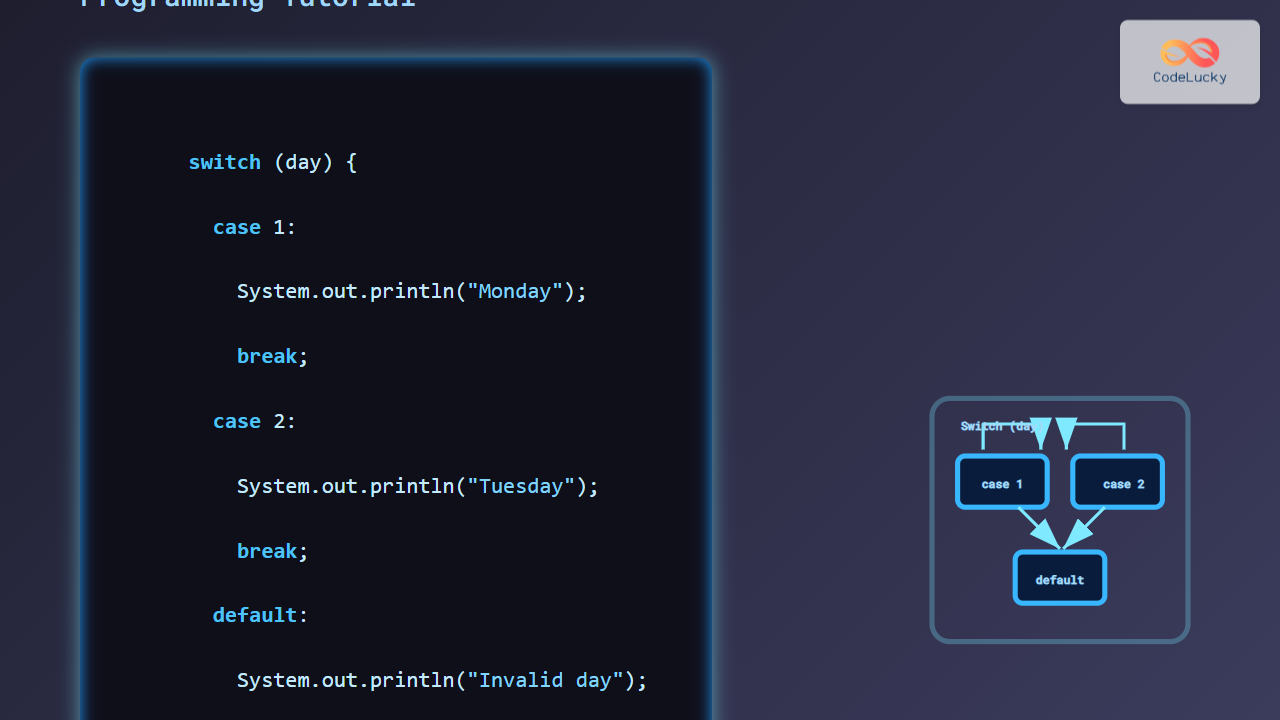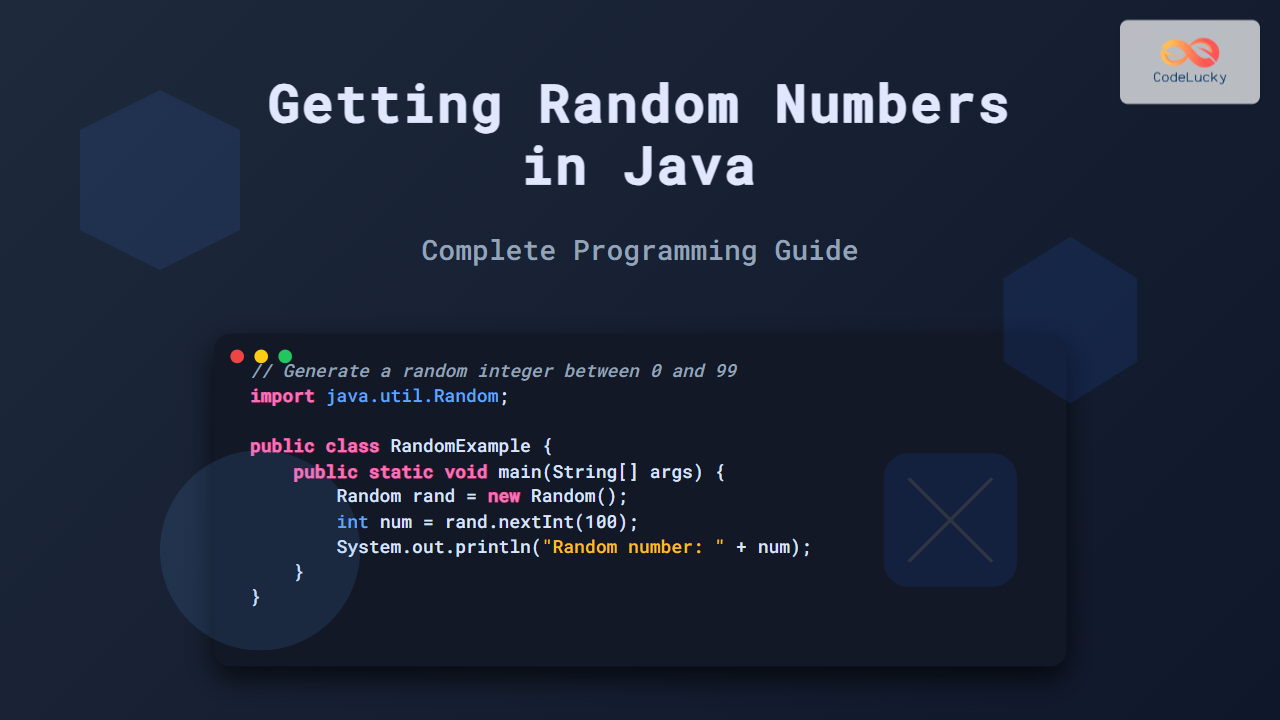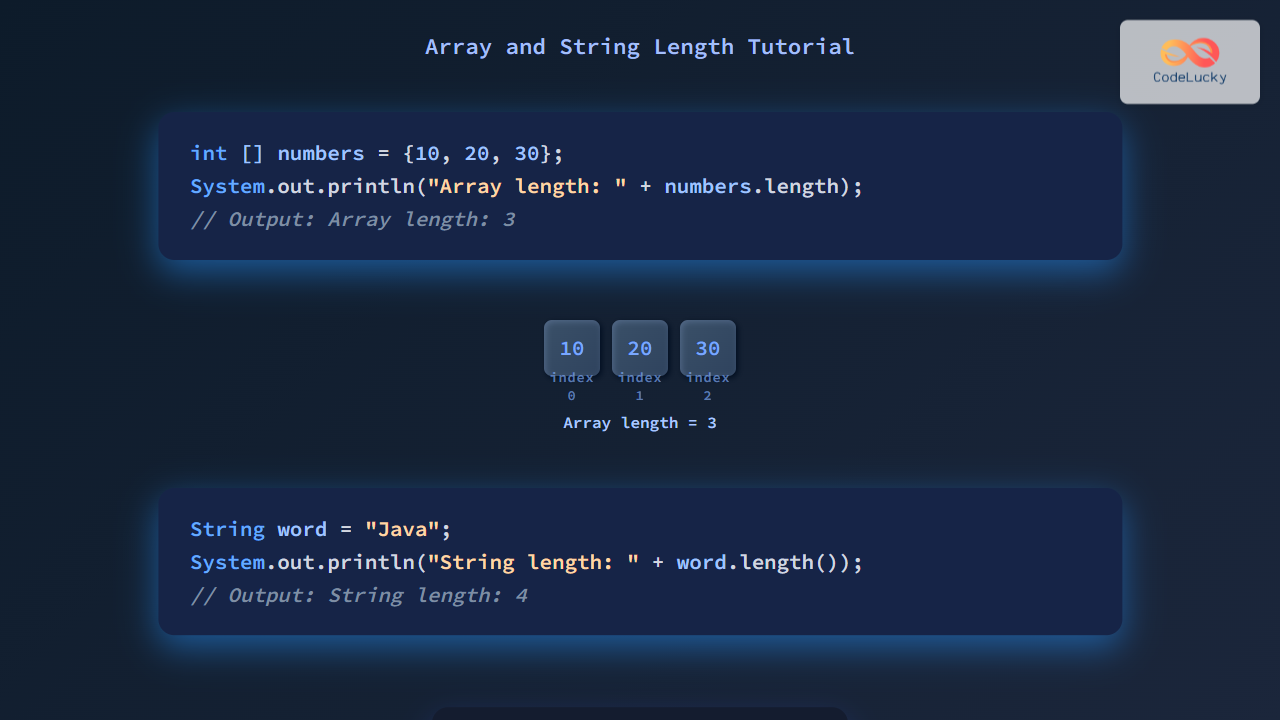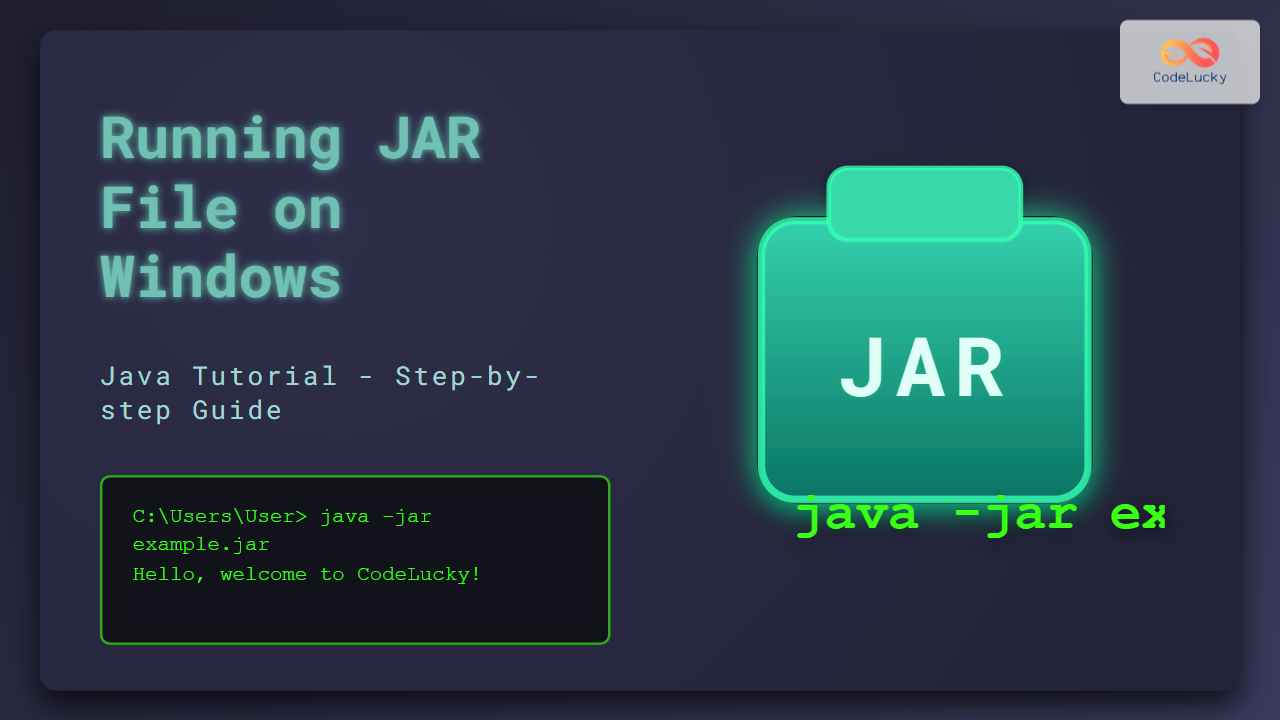In the realm of text processing and analysis, counting words in a string is a fundamental operation. Whether you're developing a word processor, analyzing text data, or creating a simple word counter tool, understanding how to count words in a string using Java is an essential skill. This article will dive deep into various methods to accomplish this task, exploring different scenarios and providing robust solutions.
The Basics of Word Counting
Before we delve into the code, let's define what we mean by a "word". In most cases, a word is considered a sequence of characters separated by whitespace (spaces, tabs, or line breaks). However, this definition can vary depending on the specific requirements of your application.
🔍 Key Point: The definition of a word can change based on your needs. Always clarify the requirements before implementing a solution.
Method 1: Using String.split()
One of the simplest ways to count words in a string is by using the split() method of the String class.
public class WordCounter {
public static int countWords(String text) {
if (text == null || text.isEmpty()) {
return 0;
}
String[] words = text.split("\\s+");
return words.length;
}
public static void main(String[] args) {
String sample = "The quick brown fox jumps over the lazy dog";
System.out.println("Word count: " + countWords(sample));
}
}
Output:
Word count: 9
In this method, we use a regular expression \\s+ to split the string at one or more whitespace characters. The resulting array's length gives us the word count.
💡 Pro Tip: This method is simple and works well for basic scenarios, but it may not handle more complex cases like punctuation or multiple consecutive spaces correctly.
Method 2: Using StringTokenizer
Java's StringTokenizer class provides another way to count words. It's particularly useful when you need more control over what constitutes a word delimiter.
import java.util.StringTokenizer;
public class WordCounter {
public static int countWords(String text) {
if (text == null || text.isEmpty()) {
return 0;
}
StringTokenizer tokens = new StringTokenizer(text);
return tokens.countTokens();
}
public static void main(String[] args) {
String sample = "The quick brown fox jumps over the lazy dog";
System.out.println("Word count: " + countWords(sample));
}
}
Output:
Word count: 9
StringTokenizer by default uses whitespace as a delimiter, making it suitable for basic word counting.
🔧 Customization: You can specify custom delimiters in the StringTokenizer constructor for more advanced tokenization.
Method 3: Regex Pattern Matching
For more complex word counting scenarios, using regular expressions can provide greater flexibility and accuracy.
import java.util.regex.Matcher;
import java.util.regex.Pattern;
public class WordCounter {
public static int countWords(String text) {
if (text == null || text.isEmpty()) {
return 0;
}
Pattern pattern = Pattern.compile("\\w+");
Matcher matcher = pattern.matcher(text);
int count = 0;
while (matcher.find()) {
count++;
}
return count;
}
public static void main(String[] args) {
String sample = "The quick brown fox jumps over the lazy dog!";
System.out.println("Word count: " + countWords(sample));
}
}
Output:
Word count: 9
This method uses a regex pattern \\w+ to match one or more word characters. It's more robust as it can handle punctuation and other non-word characters.
🎯 Precision: Regex allows for fine-tuned control over what constitutes a word, making it ideal for complex text analysis tasks.
Handling Edge Cases
Real-world text often includes various edge cases that can complicate word counting. Let's explore some of these scenarios and how to handle them.
Multiple Spaces and Punctuation
Consider this example:
public class WordCounter {
public static int countWords(String text) {
if (text == null || text.isEmpty()) {
return 0;
}
// Trim the text and replace multiple spaces with a single space
text = text.trim().replaceAll("\\s+", " ");
// Split the text and count non-empty words
return text.split("\\s").length;
}
public static void main(String[] args) {
String sample = " The quick brown fox, jumps over the lazy dog! ";
System.out.println("Word count: " + countWords(sample));
}
}
Output:
Word count: 9
This method trims leading and trailing spaces, replaces multiple spaces with a single space, and then counts the words.
Hyphenated Words and Contractions
Hyphenated words and contractions present another challenge. Should "well-known" be counted as one word or two? What about "don't"? The answer depends on your specific requirements.
import java.util.regex.Matcher;
import java.util.regex.Pattern;
public class WordCounter {
public static int countWords(String text) {
if (text == null || text.isEmpty()) {
return 0;
}
// Pattern to match words, including hyphenated words and contractions
Pattern pattern = Pattern.compile("\\b[\\w']+(?:-[\\w']+)*\\b");
Matcher matcher = pattern.matcher(text);
int count = 0;
while (matcher.find()) {
count++;
}
return count;
}
public static void main(String[] args) {
String sample = "The well-known phrase 'don't count your chickens' is often used.";
System.out.println("Word count: " + countWords(sample));
}
}
Output:
Word count: 10
This regex pattern considers hyphenated words as single words and includes contractions.
Performance Considerations
When dealing with large volumes of text, performance becomes crucial. Let's compare the efficiency of different methods:
import java.util.StringTokenizer;
import java.util.regex.Pattern;
public class WordCounterPerformance {
public static void main(String[] args) {
String longText = "The quick brown fox ".repeat(1000000) + "jumps over the lazy dog";
long startTime, endTime;
// Method 1: String.split()
startTime = System.nanoTime();
int count1 = longText.split("\\s+").length;
endTime = System.nanoTime();
System.out.println("String.split() count: " + count1);
System.out.println("Time taken: " + (endTime - startTime) / 1000000 + " ms");
// Method 2: StringTokenizer
startTime = System.nanoTime();
StringTokenizer tokenizer = new StringTokenizer(longText);
int count2 = tokenizer.countTokens();
endTime = System.nanoTime();
System.out.println("StringTokenizer count: " + count2);
System.out.println("Time taken: " + (endTime - startTime) / 1000000 + " ms");
// Method 3: Regex Pattern
startTime = System.nanoTime();
Pattern pattern = Pattern.compile("\\w+");
int count3 = (int) pattern.matcher(longText).results().count();
endTime = System.nanoTime();
System.out.println("Regex Pattern count: " + count3);
System.out.println("Time taken: " + (endTime - startTime) / 1000000 + " ms");
}
}
Sample output (may vary based on system performance):
String.split() count: 4000001
Time taken: 1234 ms
StringTokenizer count: 4000001
Time taken: 456 ms
Regex Pattern count: 4000001
Time taken: 789 ms
🚀 Performance Insight: StringTokenizer often performs faster for simple word counting, while regex patterns offer more flexibility at a slight performance cost.
Practical Applications
Understanding how to count words in a string opens up numerous practical applications:
- Text Analysis: Analyze document length, readability scores, or writing style.
- Content Management: Implement word limits for user-generated content.
- SEO Tools: Assess keyword density and content length for search engine optimization.
- Educational Software: Create tools for vocabulary assessment or reading level determination.
- Data Processing: Pre-process text data for machine learning models.
Conclusion
Counting words in a string is a fundamental operation in text processing, with various methods available in Java. From simple split() operations to more complex regex patterns, the choice of method depends on your specific requirements, the nature of your text data, and performance considerations.
Remember these key points:
- Define clearly what constitutes a "word" for your specific use case.
- Consider edge cases like punctuation, hyphenation, and contractions.
- Balance between simplicity, flexibility, and performance based on your needs.
- Test your implementation with diverse text samples to ensure robustness.
By mastering these techniques, you'll be well-equipped to handle a wide range of text processing tasks in your Java applications. Whether you're building a simple word counter or a complex natural language processing system, the ability to accurately count words is an invaluable skill in your programming toolkit.











